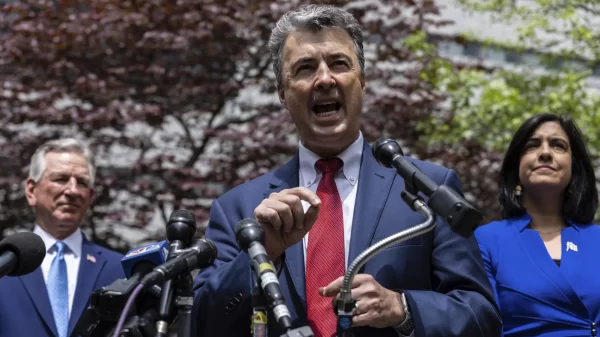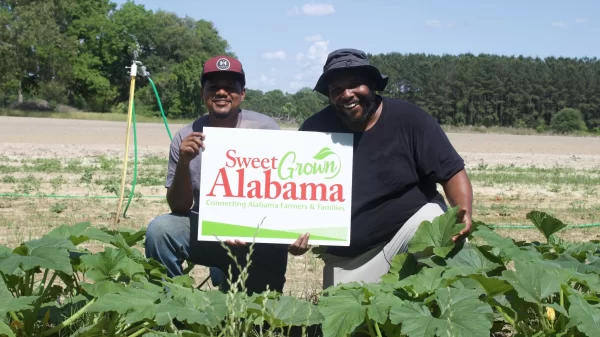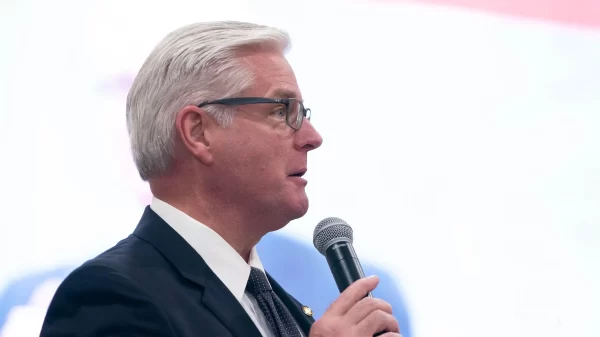By Staff
Alabama Political Reporter
Wednesday, an innovative public‐private partnership is officially up and running in Alabama, paving the way to bring fresh food retailers to under-served areas across the state.
The Healthy Food Financing Program is administered by the Alabama Department of Economic and Community Affair. ADECA will disperse $300,000 in up to $50,000 increments through a statewide application process. The application is now live at www.adeca.alabama.gov and food retailers, including grocers, farmer’s markets, wholesale markets and other fresh food vendors are invited to apply. The deadline for application submissions is Dec. 20, 2017.
At the urging of a broad‐based coalition of business, not‐for‐profit, and community advocates, a statewide revolving loan program has been established to allow for the expansion or renovation of fresh food retailers in Alabama communities with limited access to healthy food. According to a 2014 report, over 1.8 million Alabama residents – including nearly half a million children – live in communities with little to no access to fresh, healthy food.
The group attributes this lack of access for being responsible, in part, to Alabama having one of the highest rates of diabetes in adults. Addressing this health crisis is a priority for VOICES for Alabama’s Children, which is why they partnered with the Alabama Grocers Association, the Business Council of Alabama, the Alabama Chapter of the American Academy of Pediatrics, American Heart Association and several other leading voices to make the initiative a reality in our state.
“Far too many families live in places across our state where fresh food is hard to come by, but change is here. As a result of a strong, multi‐sector coalition coming together, we are seeing a policy shift in focus to improving people’s health by expanding access to fresh food. Alabama is fortunate to have strong Legislative champions, Senators Greg Reed, R‐Jasper and Bobby Singleton, D‐Greensboro, who fought to create and subsequently fund the state’s first Healthy Food Financing program putting our state steps closer to closing the grocery gap in communities across Alabama,” the executive director of VOICES for Alabama’s Children MSW, Melanie Bridgeforth, said in a statement.
The shortage of retail establishments that sell fresh food means that residents, in both urban and rural areas, must travel out of their neighborhoods to reach the nearest store that sells the foods necessary to maintain a healthy diet.
“Grocery stores play a vital role in Alabama communities, and the Healthy Food Financing Program is an effective, viable and economically sustainable policy solution to the problem of limited food access to fresh healthy foods in communities. Healthy food financing initiatives can have a long lasting economic impact throughout local communities and the state. Some of these benefits include: boosted economic activity, new jobs, increased wages and increased tax revenue,” the President of the Alabama Grocers Association Ellie Taylor said.
According to a recent poll conducted by Southeast Research, more than 90 percent of registered Alabama voters believe it is important for children to have access to fresh and healthy foods. Additional results show that overall support for addressing the problem of healthy food access is robust and widespread across every demographic in the state.
“Healthy food financing initiatives are proven components of comprehensive public health models that help combat severe and costly illnesses such as diabetes and cardiovascular disease. Reversing these negative health trends can position Alabama to save millions in health care costs while improving health outcomes across the state,” the Alabama Advocacy Chair for the American Heart Association Jessica James said.
VOICES for Alabama’s Children, the Alabama Grocers Association and the American Heart Association along with over 75 state, regional and national partners launched the healthy food access campaign in Alabama in early 2014, seeking to raise awareness about their growing concern of childhood obesity and its relationship to food access.
The 2016 study commission recommended that the Legislature make a significant investment of roughly $3 million in order to realize the full health and economic development impact a program like this can have in Alabama. All three organizations say that they will continue to fight for expansion of the program because more funding is needed to truly improve food access in Alabama communities.



















































